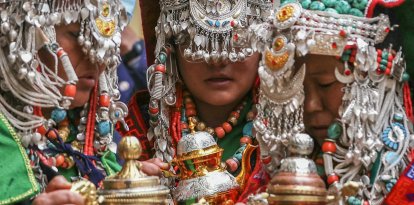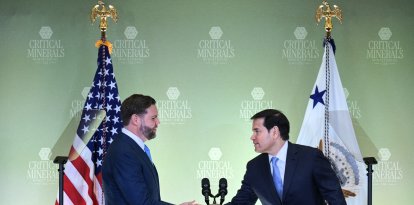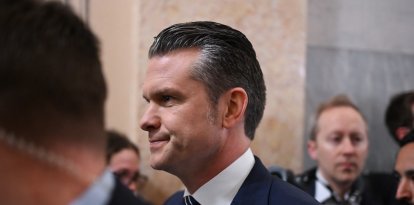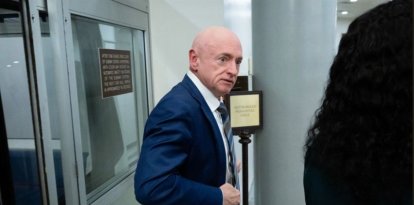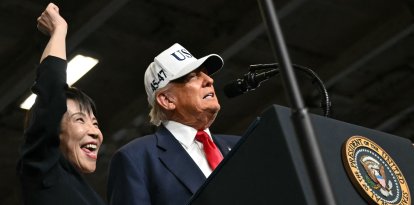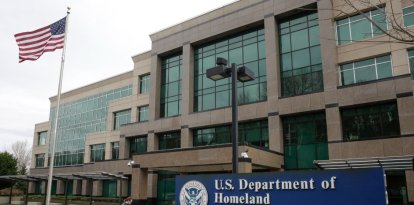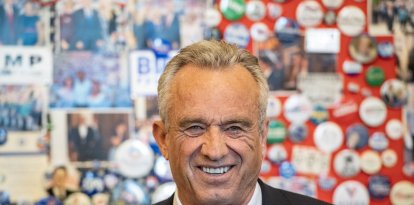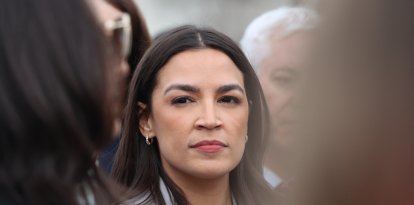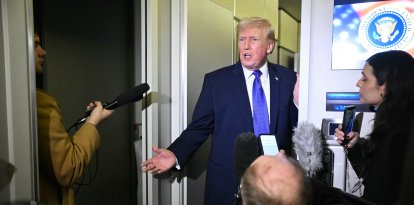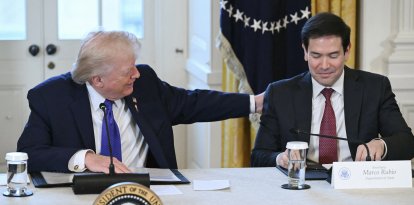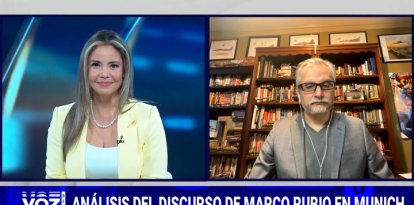Cuban regime announces that it has already released 553 prisoners: less than half were political prisoners
Cuban authorities never published the list of political prisoners or common criminals set for release after announcing their pardon last January.

Cuban political prisoners leaving jail (Archive image)
The Cuban regime announced Monday night that it had completed the early release of 553 prisoners it had promised to free, following former U.S. President Joe Biden's decision to remove the island from the list of countries sponsoring terrorism. Less than half of the released inmates were reportedly political prisoners.
On January 14, 2015, Cuba had pledged to release 553 prisoners for "various crimes" as part of an agreement with the Vatican and after Biden removed the Caribbean country from the U.S. blacklist. Trump revoked the measure on the same day of his arrival at the White House, a week later.
The releases, which began on January 15, slowed down with the arrival of the new administration to the U.S. presidency on January 20. This March 10, the highest Cuban court announced the end of the releases, without informing who received this benefit.
The vice-president of the Supreme Court, Maricela Soza Ravelo, said in an interview of the official news program that the process "ended successfully" after "378 applications were presented to the court in January and 175 applications in February, which makes the total of 553 people" beneficiaries of the "early release."
The Cuban authorities never published the list of political prisoners or common crimes prisoners to be released.
The vice-president of the judicial body assured the media that those released will still have to comply with obligations and that this concession can be "revoked."
"During this probationary period they have to comply with the obligations that are set for them by law," as well as "maintain a social behavior in accordance with our norms of socialist coexistence," she added.
NGOs call for "transparency"
According to the #Todos platform, made up of several human rights NGOs, among them Cubalex, Prisoners Defenders, Justicia 11J, the Cuban Observatory for Human Rights, counted that only 212 political prisoners, many of them demonstrators of the July 2021 protests, had been released before Monday's announcement.
Justice 11J expressed its concern on its X account due to "numerous reports indicating that a significant part of the people released from prison are common inmates."
"We demand transparency and accountability on this process," the organization added and called for a list to be made public "with clear information on the selection criteria and the fulfillment of the commitments made to the international community."
According to official figures, some 500 demonstrators in Cuba's July 2021 anti-government protests received sentences of up to 25 years. Some were released after serving their sentences.
Human rights NGOs and the U.S. embassy on the island put the number of detained opponents at more than 1,000.
Among those released in the Cuban government's recent releases are veteran opponents José Daniel Ferrer and Félix Navarro, but hundreds remained imprisoned, including visual artist and performer Luis Manuel Otero Alcántara, Sally Navarro and Roberto Pérez Fonseca.
All of them declared prisoners of conscience by Amnesty International after they were imprisoned for the historic demonstrations of July 11, 2021, in addition to rapper Maykel Osorbo, apprehended earlier for his criticism of the Castro regime.
Historically Cuba denies the existence of political prisoners and accuses its opponents of being "mercenaries" of the United States.













